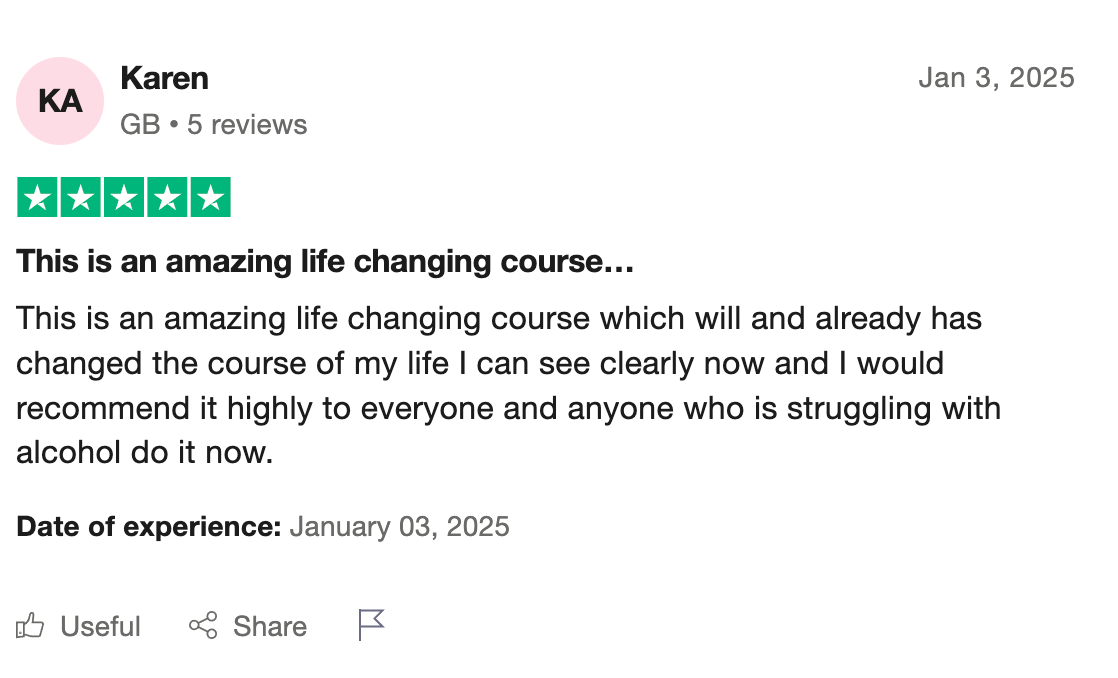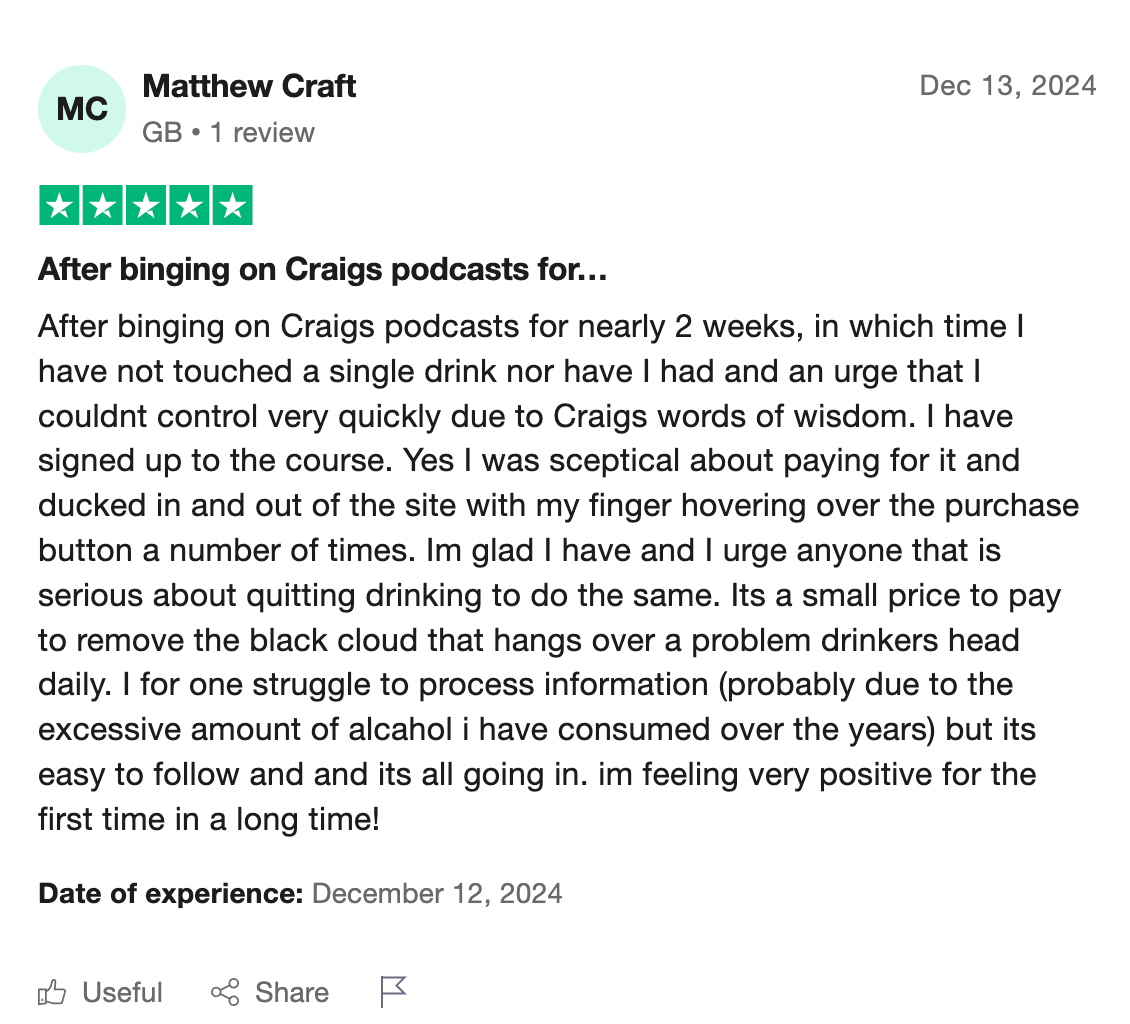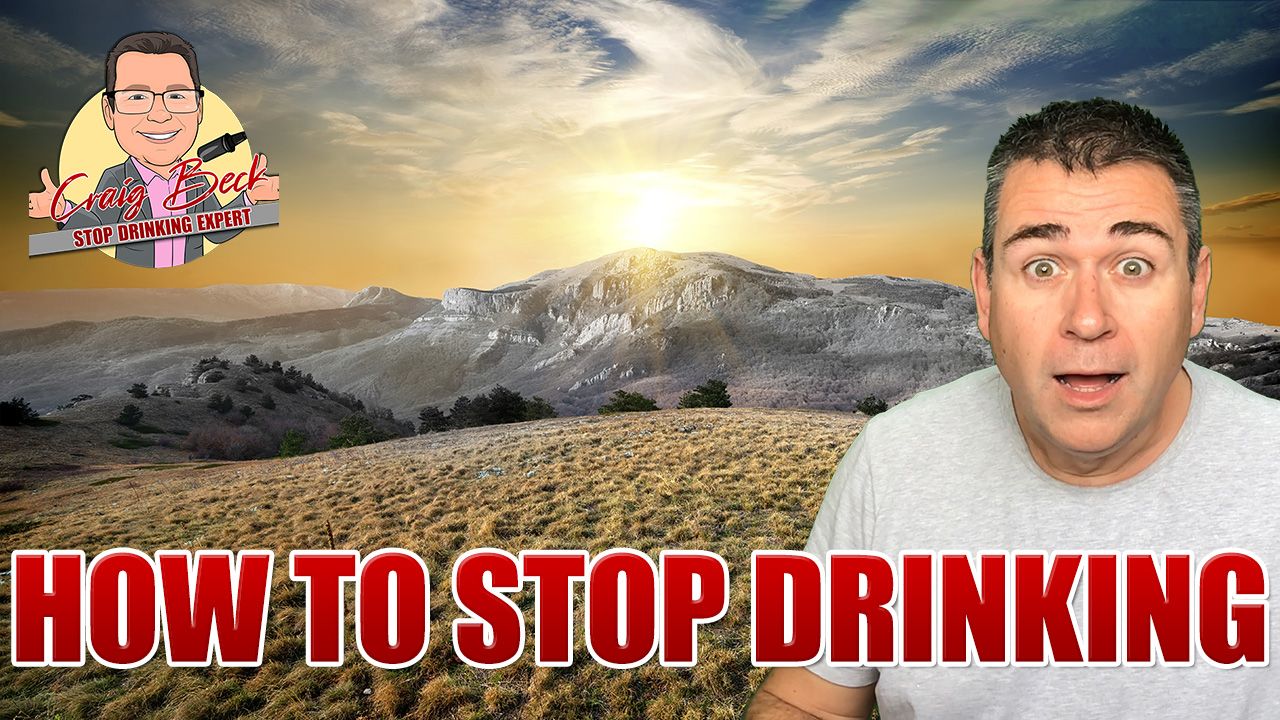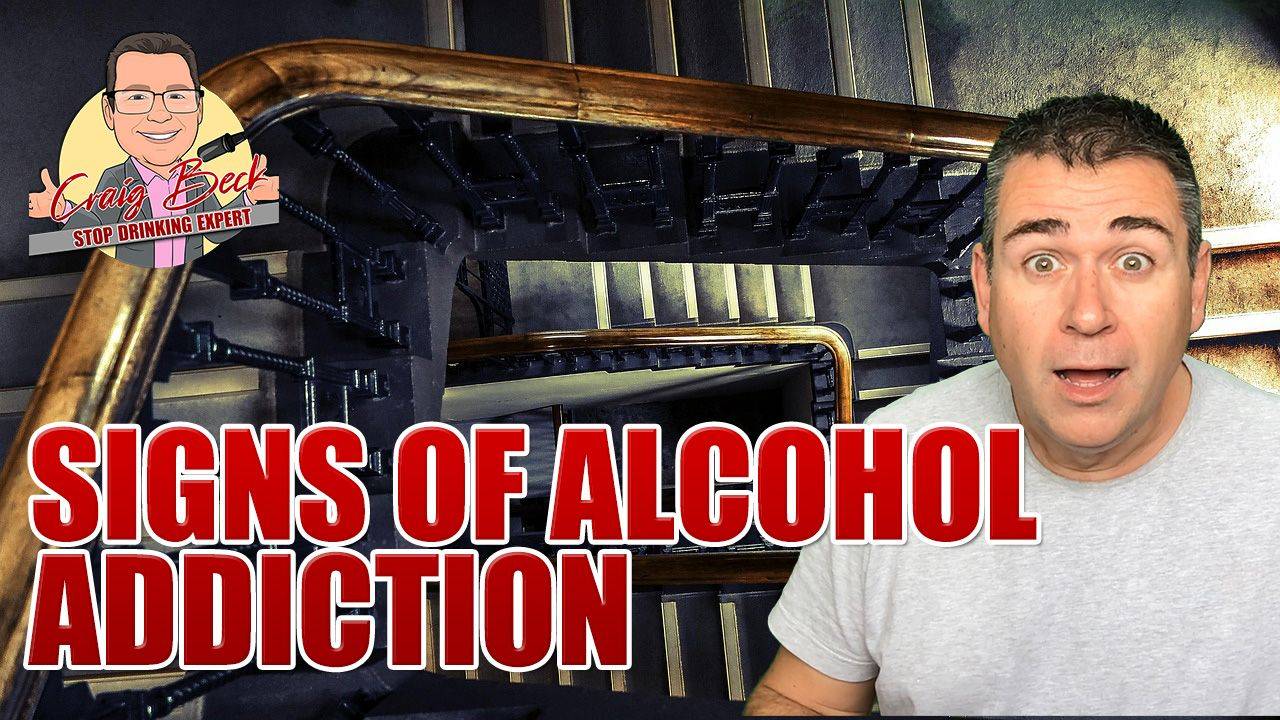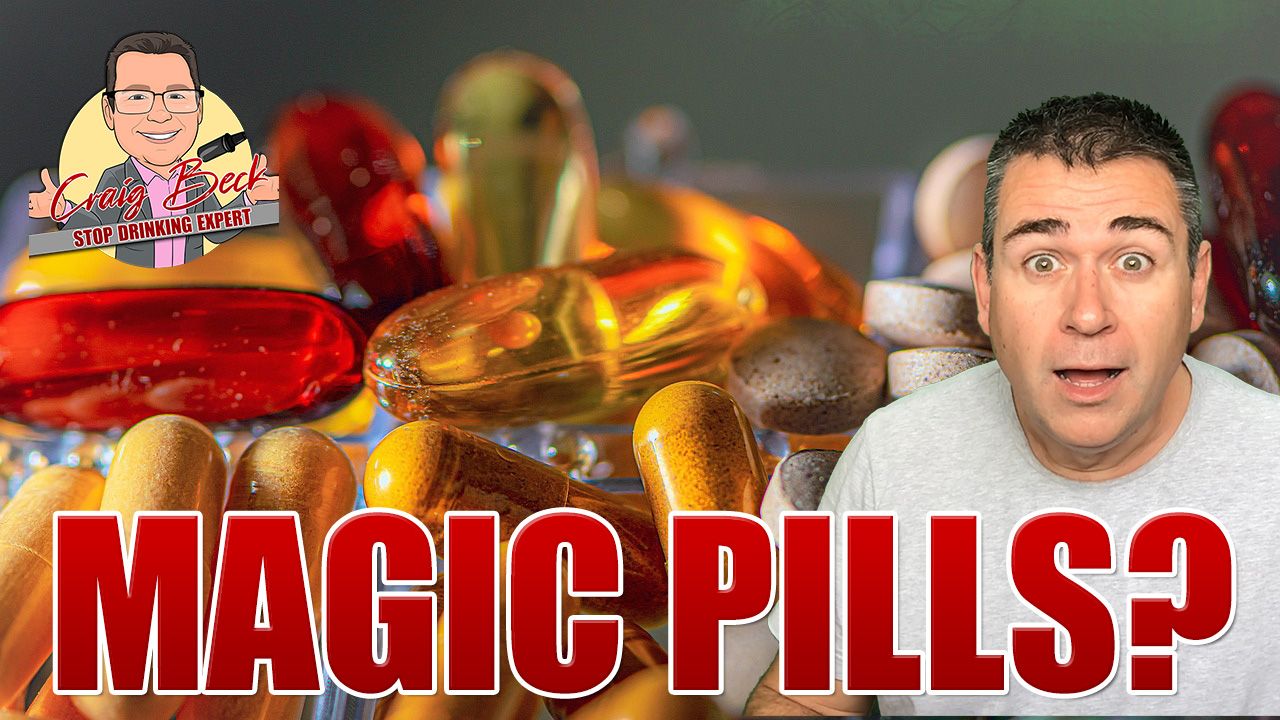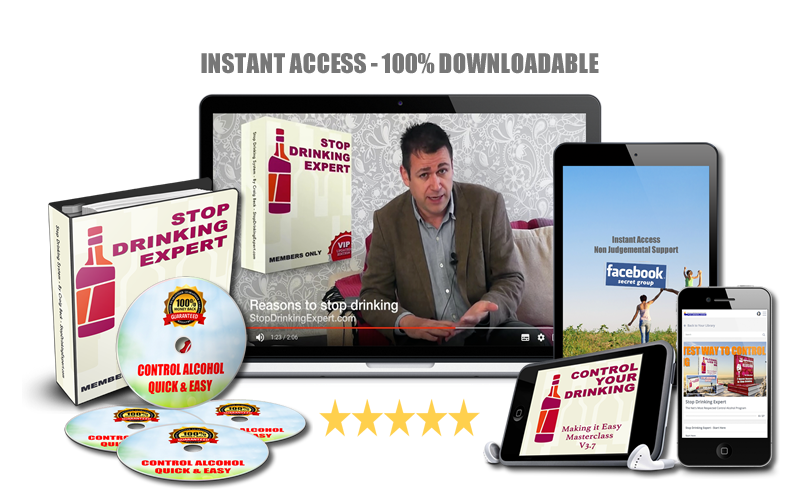How To Tell If You Are A Functional Alcoholic Or Problem Drinker

How To Tell If You Are A Functional Alcoholic
Walk through any busy office on a Monday morning and you will meet at least one person who smiles brightly while hiding a spinning head. That colleague delivers projects on time, cracks jokes at meetings and then goes home to uncork a large bottle. Because work keeps humming and bills get paid they convince themselves there is no issue. The truth may differ. Functional alcoholism can wear an impressive disguise that fools bosses, neighbours and even you.
The phrase functional alcoholic describes someone who meets daily obligations yet depends on alcohol for relief, reward or escape. A problem drinker might not feel physical dependence but their choices generate stress for themselves or others. Distinguishing between the two guides the next step. Today we will explore red flags, subtle clues and simple self audits so you can decide where you stand and what to do about it.
Keep an open mind as you read. Denial loves clever language. If any section delivers a twinge of recognition, pause, breathe and remember that awareness brings power. At the end grab a complimentary copy of Alcohol Lied To Me from StopDrinkingExpert dot com. That book has helped thousands see alcohol for what it is, a sly confidence trick.
How Much And How Often Really Matter
Quantity provides the first obvious clue. Guidelines advise no more than fourteen units weekly spread over several days. A functional alcoholic often drinks that amount in a single evening yet arrives polished for work next day. Their liver pays the unseen bill. If you pour wine while cooking, refill during dinner and finish the bottle while streaming a show, count the units honestly. Surprise often follows.
Frequency slips under the radar even faster. Maybe you promise yourself dry Mondays then find an excuse every week. Patterns set like concrete. Try tracking drinks with a free phone app for one month. Numbers reveal truth beyond memory. If clicking that plus sign feels embarrassing, you have discovered a valuable signal.
For extra motivation watch the concise clip on the benefits of not drinking. Seeing early health gains in plain speech can nudge honesty forward.
Do You Protect Your Supply
Functional alcoholics develop subtle rituals to keep drink within easy reach. They stock spare bottles in the shed, pour spirit into coffee flasks for long meetings or choose restaurants that serve large glasses as standard. Notice any planning that centres on alcohol rather than company or cuisine. If you panic when plans change because you fear limited access to drink, dependency may already hold the steering wheel.
Problem drinkers might not hide bottles yet they still engineer occasions around booze. They pick hotels with all inclusive bars or decline social events that prohibit alcohol. The common thread is that alcohol controls the calendar more than genuine pleasure or curiosity.
Morning After Score Sheet
Hangovers provide another checkpoint. Functional alcoholics become experts at managing morning fog with caffeine, sugar and painkillers. They brag about feeling fine after several pints yet their body shows signs: digestive discomfort, elevated heart rate, night sweats or anxiety spikes at lunchtime. Keep a journal of physical sensations upon waking. If headaches, dry mouth or racing thoughts appear in most entries then alcohol still echoes long after the party ends.
Problem drinkers might avoid full hangovers yet notice subtle consequences like disturbed sleep, wild dreams or irritation with partners. These micro costs erode quality of life while rarely linking in the mind to the glass the evening before.
Impact On Mood And Motivation
Functional alcoholics often experience afternoon slumps that demand energy drinks or sugary snacks. They blame workload while overlooking the metabolic roller coaster triggered by last night’s wine. Mood swings also surface. One minute upbeat, the next snappy. Colleagues whisper that you seem unpredictable. If you recognise this rhythm, alcohol may be conducting the music.
Problem drinkers might notice creeping apathy toward hobbies once loved. Painting gear gathers dust, running shoes wait by the door. Alcohol dulls dopamine pathways, reducing natural drive. Ask yourself when you last felt genuine excitement about a sober activity.
Visit the resource at quitting alcohol for practical mood reset techniques. Many readers feel brighter within a fortnight of reduced intake, proof that chemistry, not character, often fuels the slump.
Relationships Offer Honest Mirrors
Partners, children or close friends supply clear reflections. Functional alcoholics may attend family dinners yet stay mentally distant, checking the clock until they can pour a drink. They might miss conversational nuances, forget promises or react defensively when someone comments on their glass. If loved ones have raised concerns more than twice, take note. They see patterns you overlook.
Problem drinkers encounter social friction too. Friends tease about always offering wine; siblings joke that your fridge rattles with bottles. Humour masks discomfort. Use these comments as data rather than insults.
Should defensiveness rise quickly, watch Craig Beck explain the alcohol trap. Understanding psychological hooks lowers shame and opens space for change.
The Workplace Litmus Test
Career performance can stay steady for years, yet subtle decline often begins earlier than people realise. Late projects, shortcut decisions, extra sick days or reduced creativity hint at creeping cost. Functional alcoholics may still hit targets but lose the spark that once set them apart. Annual reviews move from stellar to satisfactory without obvious reason.
Problem drinkers might keep output constant but struggle with team dynamics. Irritability, defensiveness or memory gaps during meetings generate tension. Track feedback from supervisors. If phrases such as please improve focus or arrive earlier appear, investigate lifestyle before blaming stress alone.
Health Markers Tell The Truth
Lab results pierce illusions. Raised liver enzymes, high blood pressure, increased triglycerides and nutrient deficiencies highlight alcohol strain. Request a full blood panel at your next check up. Doctors sometimes gloss over mild elevations, yet even slight bumps warn that organs need relief. Use numbers to guide choices.
Other physical clues include persistent heartburn, night sweats, shaky hands, eye bags and unexplained bruises. Functional alcoholics rationalise each symptom separately. Connect the dots and the picture sharpens.
If anxiety about tests creeps in, explore the video on first steps. It outlines safe ways to reduce or quit while monitoring health professionally.
Decision Time: Functional Alcoholic, Problem Drinker Or None
Total your findings. If you meet three or more red flags, alcohol holds more power than advisable. The label matters less than the next move. Replace self judgment with curiosity. What would one sober month feel like. Could you halve intake without willpower fatigue. Are you willing to follow a structured program.
Functional alcoholics often need comprehensive support because dependence runs deep. A guided course plus community and possible medical oversight brings best odds. Problem drinkers may succeed with self directed tools, clear rules and accountability buddies. Both paths begin with the same spark, honest awareness.
Download Alcohol Lied To Me today. Inside you will find mindset shifts that dissolve cravings more effectively than grit. Combine the book with the supportive forum at StopDrinkingExpert and you will not walk alone.
Practical Challenges For This Week
Set a seven day alcohol free trial. Mark each completed night on a calendar. Swap evening drink with herbal tea or sparkling water and lime. Journal morning energy, mood and focus. At the end of the week review entries. Many readers feel marked improvement as early as day four.
Create a budget sheet listing every pound or dollar spent on alcohol in the previous month. Include taxis, takeaways and recovery snacks. Multiply by twelve. Visualise what else that sum could fund, perhaps a weekend city break or debt reduction. Financial clarity often flips the motivation switch.
Plan at least one social activity without alcohol. Bowling, hiking, escape rooms or art classes all fit. Prove to yourself that fun survives. Post experience notes on the community board within Stop Drinking Expert, encouraging others to copy.
When Professional Help Makes Sense
If you experience morning shakes, severe anxiety, blackouts or cannot reduce intake despite repeated efforts, consult a medical professional. Sudden cessation for heavy dependent drinkers may provoke dangerous withdrawal. Medication such as Antabuse or supervised taper plans keep you safe while progress unfolds.
Cognitive behavioural therapy, mindfulness training and nutritional support strengthen recovery. Treat quitting like an athletic event. Coaches, equipment and rest increase success. You deserve full resources. Never apologise for seeking them.
Step Into Your Clearer Future
You now hold a personalised checklist. If your reflections show more amber than green, seize momentum. Visit stay sober for daily pointers then open Craig Beck’s free book. Functional alcoholic or problem drinker, your next sunrise can feel lighter than any buzz in a glass. Take the first stride while courage feels warm in your chest.
Further Reading
- High Functioning Alcoholism Explained
- Key Signs Of Alcohol Addiction
- Quit Drinking Without Rehab
- Understanding The Alcohol Trap
- Giving Up Alcohol Guide
- Top Benefits Of Not Drinking
References
- National Institute on Alcohol Abuse and Alcoholism. Alcohol Use and Work Performance Review. 2023.
- British Liver Trust. Early Indicators of Alcohol Related Harm. 202
More Helpful Quit Drinking Advice
Does this sound familiar?
- Drinking to escape stress and to cope with the pressures of life?
- Waking up full of guilt and regret that you drank again last night despite promising that you wouldn't?
- Hiding alcohol or the evidence of your drinking?
- Feeling like you are living a double life because of your drinking?
- Creating silly rules to try and control your drinking (e.g., I will only drink on special occasions)?
The good news is that you are not alone; the better news is that I can help.
Meet Craig Beck, The World's Most Respected Sobriety Coach
Craig Beck, better known as “The Stop Drinking Expert”, turned a 20-year battle with alcohol into a roadmap for lasting freedom. The bestselling author of Alcohol Lied to Me and The Sobriety Secret discovered that traditional routes like Alcoholics Anonymous can feel embarrassing, public, and all too often, entirely ineffective.
His method is different. It shows you:
- Why you drink in the first place—the hidden brain loops alcohol hijacks.
- How to switch off cravings before they even start.
- A willpower-free exit plan you can follow privately, at your own pace—no labels, no awkward meetings, no medication.
Hundreds of thousands worldwide now wake up clear-headed, proud and at peace thanks to Craig’s approach. Will you be the next?
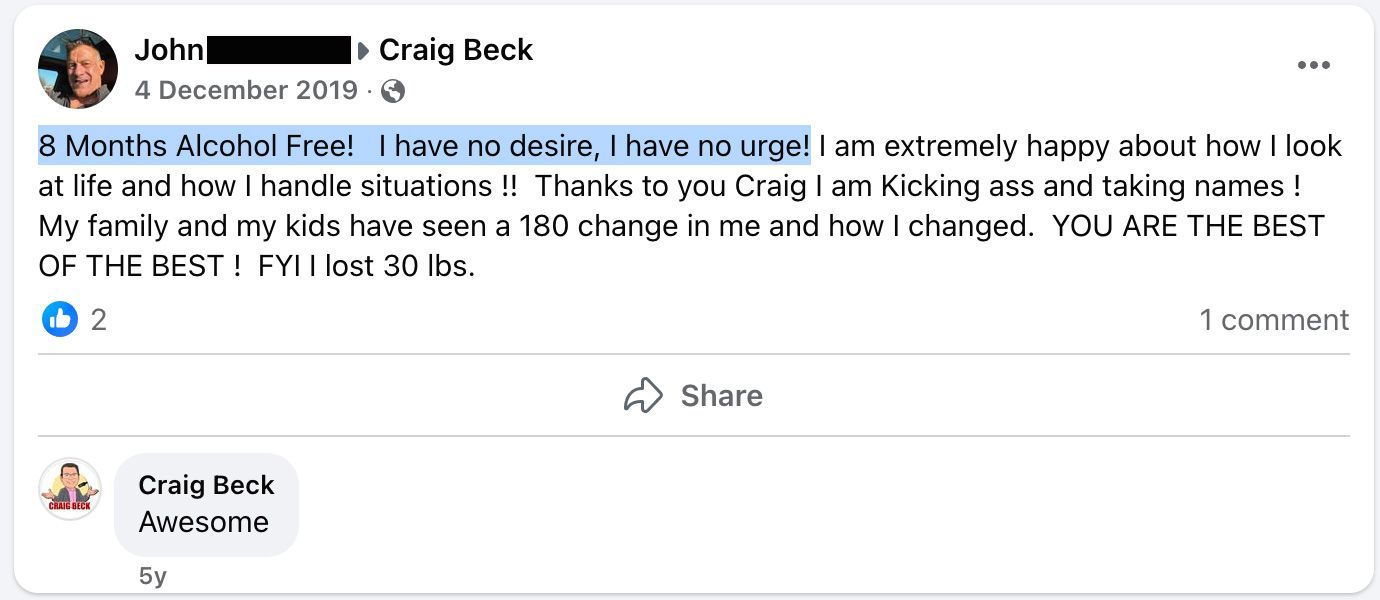
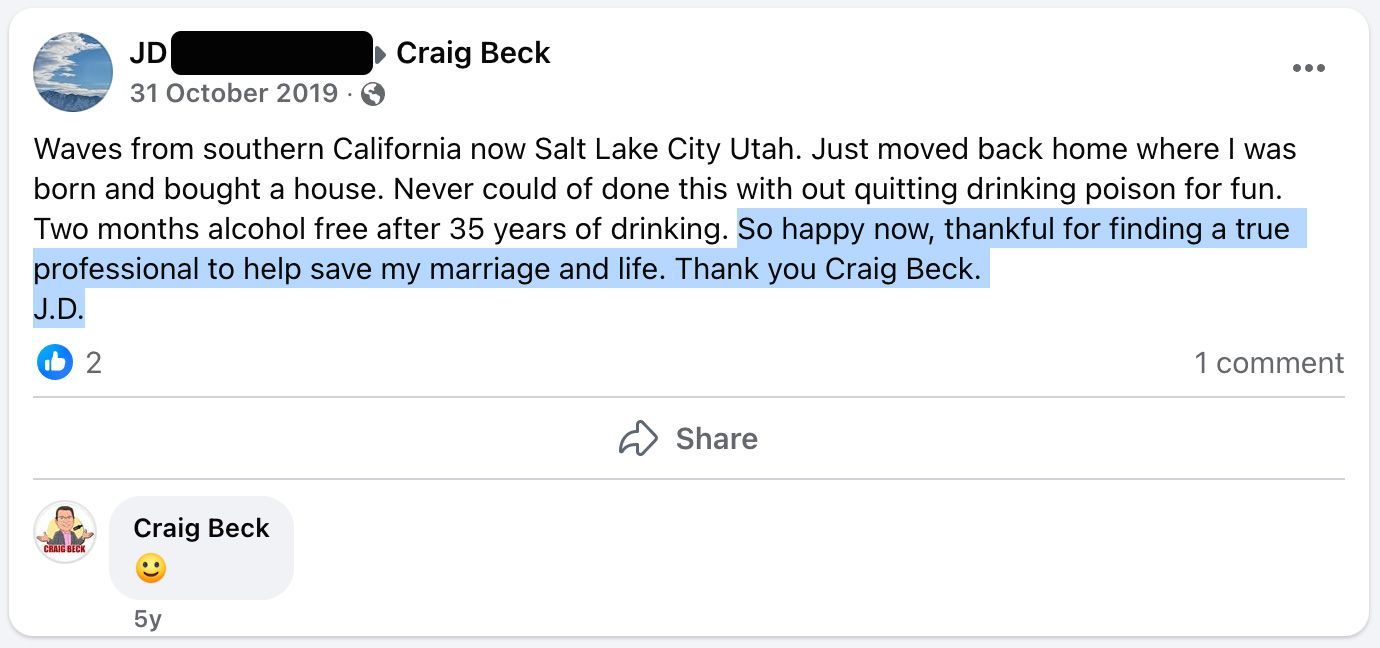
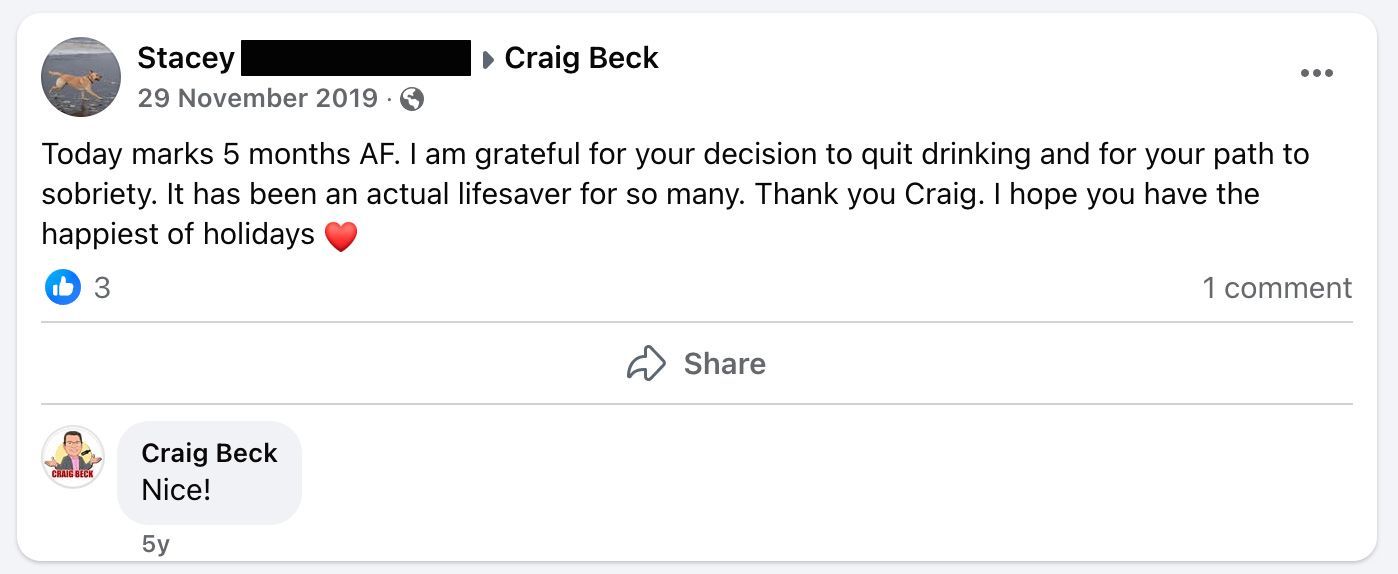
"Effortless Sobriety: The Proven Path to End Problem Drinking"
No one likes asking for help with their drinking—it feels personal and heavy. But if willpower alone hasn’t worked, it’s not because you’re weak. Research indicates that relying solely on grit is unsuccessful approximately 95 percent of the time. You’ve simply been using the wrong tool for the job.
Download my free ebook or decide now get started with the full course and learn:
- Why the game is rigged: how alcohol rewires your brain chemistry and makes “just trying harder” almost impossible.
- A science-based exit plan: practical steps that work quickly, privately, and on your terms.
- No awkward meetings or risky meds: forget the gimmicks—this is about smart strategy, not shame.
`Are you ready to step onto solid ground? Get off the fence, take action, and start taking back control—quickly, confidently, and without the struggle.
Over 250,000 Happy Sober Clients Can't Be Wrong:






